What Parents Must Know to Avoid Delivery Complications: Podcast Episode #216
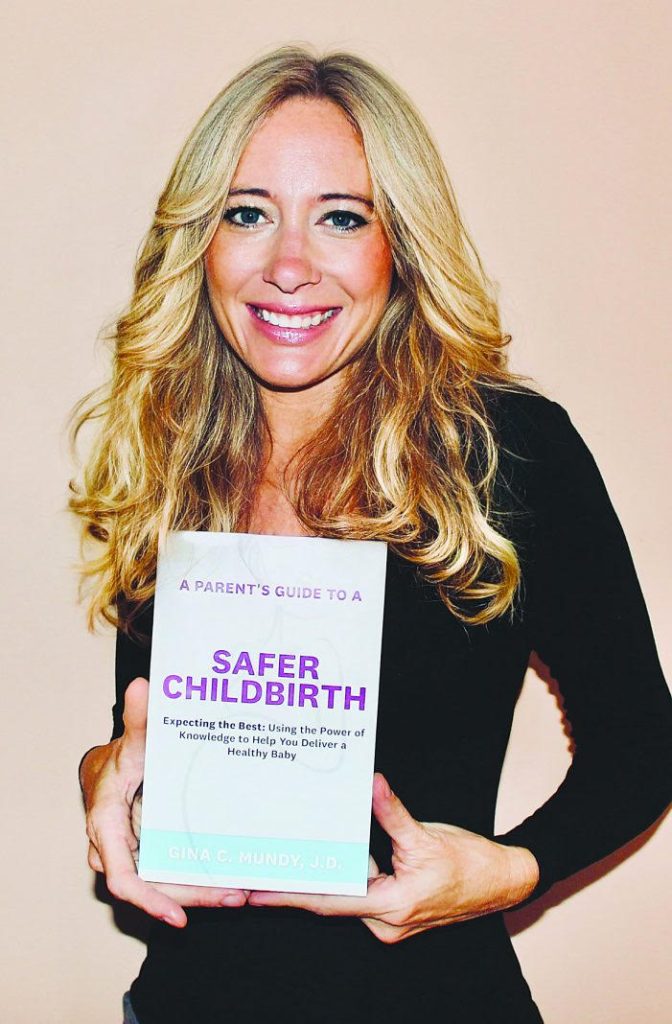
Kristin Revere chats with Gina Mundy, attorney and author of “A Parent’s Guide to a Safer Childbirth” about the important things that parents must know to avoid delivery complications. Hello, hello! This is Kristin with Ask the Doulas, and I am so excited to chat with Gina Mundy today. Gina is an attorney, author, […]
All About Gut Health: Podcast Episode #215
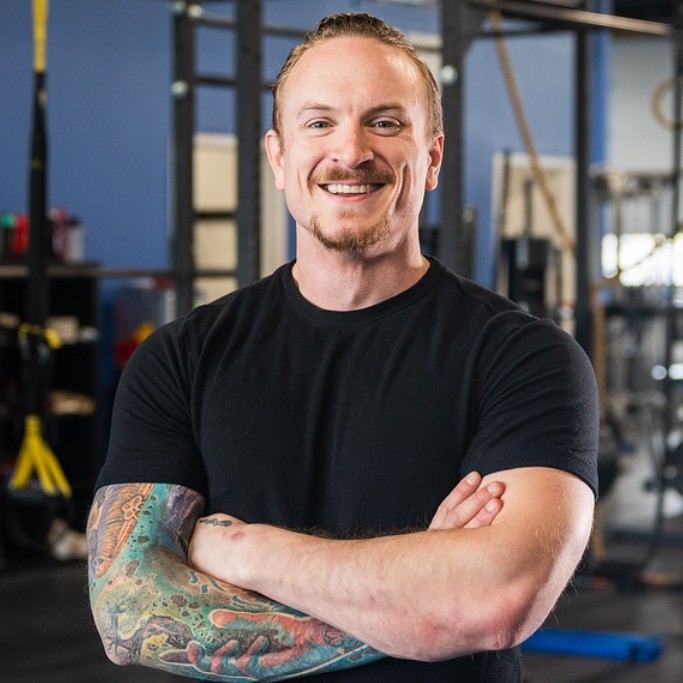
Kristin Revere chats with Josh Dech host of ReversABLE- The Ultimate Gut Health Podcast about the importance of gut health and how to achieve it. Hello! This is Kristin Revere with Ask the Doulas, and I am so excited to chat with Josh Dech today. Josh is a podcaster, as well. His podcast is named […]
Cesarean Recovery with Anna of Move Well: Podcast Episode #214
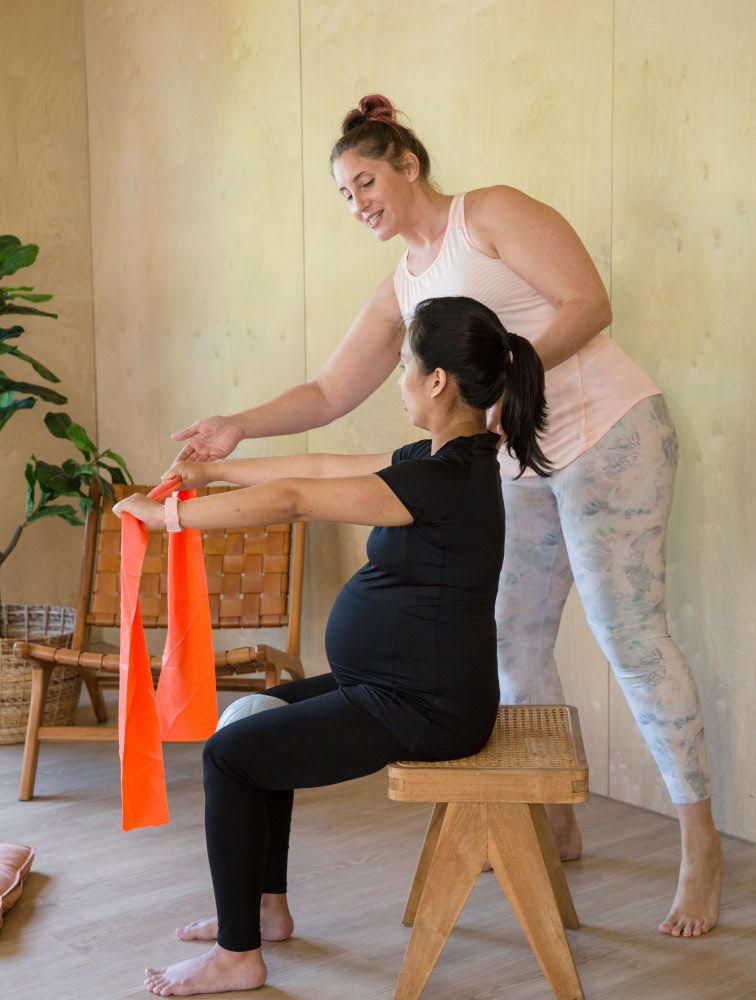
Kristin Revere chats with Anna Downs of Move Well with Anna about cesarean recovery tips and guidelines. Hello, hello! This is Kristin Revere with Ask the Doulas, and I am so excited to chat with Anna Downs today. Anna is the founder and director of Move Well with Anna. Welcome! Hi! It’s very nice to […]
Creative Movement: Podcast Episode #213
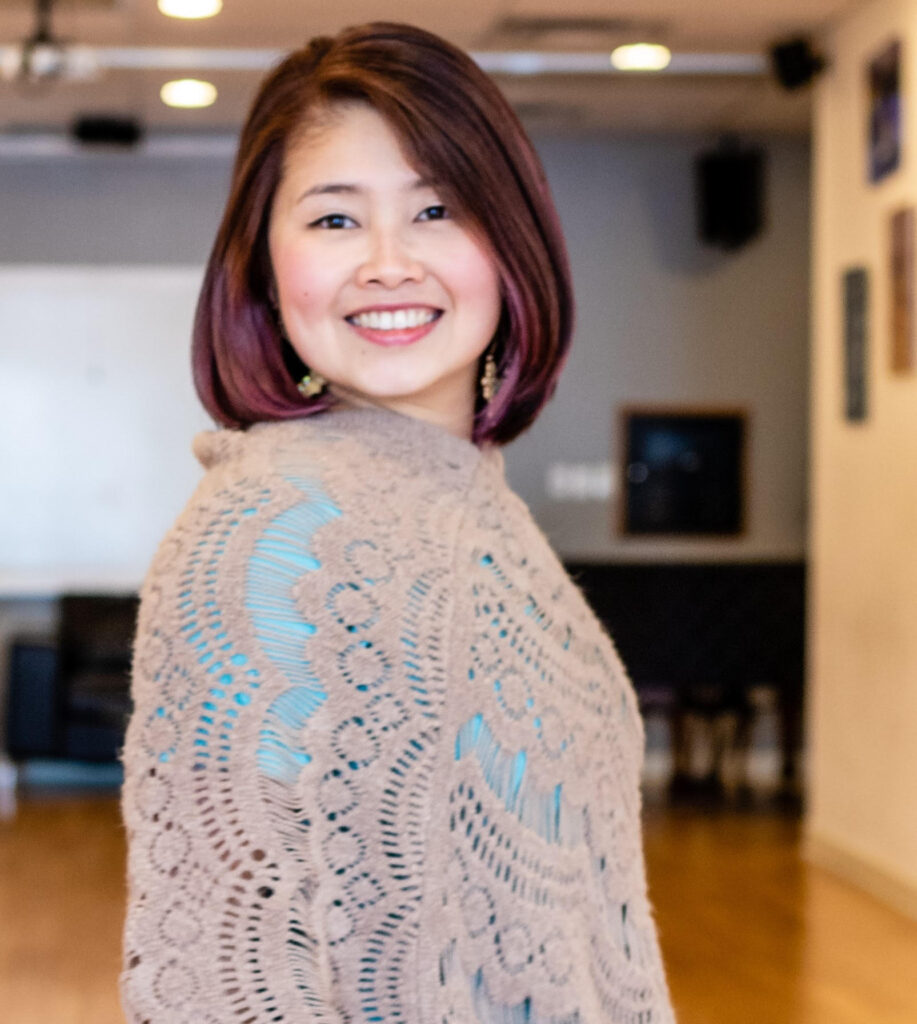
Kristin Revere chats about the importance of creative movement with Regina Lum of Little Feet Movement. Hello! This is Kristin with Ask the Doulas, and I am so excited to chat with Regina Lum today. Regina is a creative movement instructor, infant massage educator, and a self-proclaimed lay advocate. She owns Little Feet Movement for […]
Surrogacy Options: Podcast Episode #212
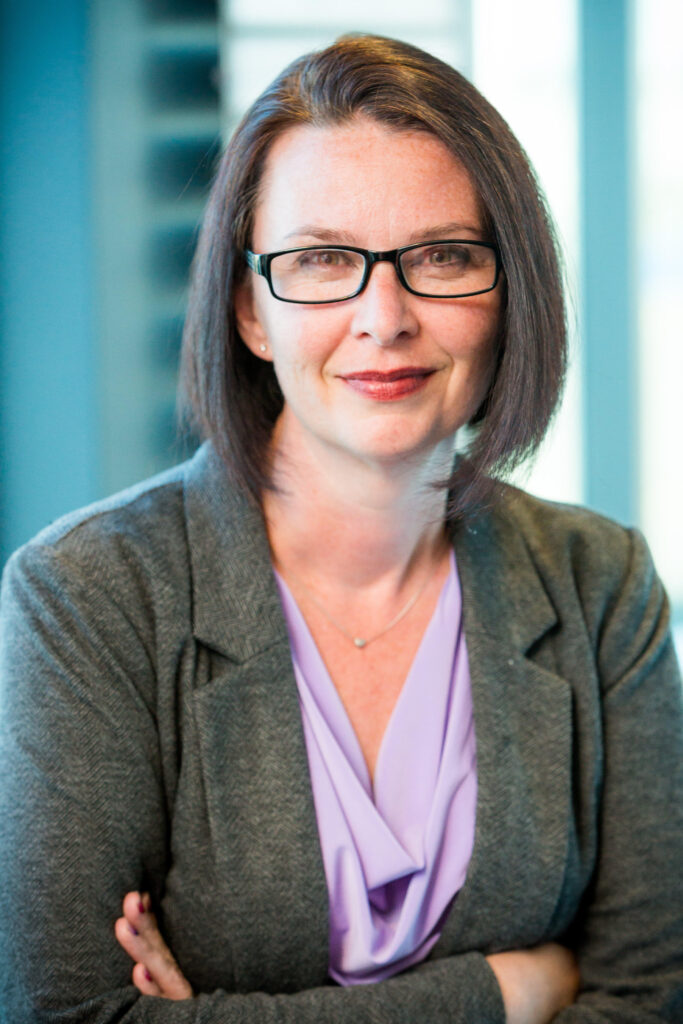
Kristin Revere talks to Jennifer White of Bright Futures Families about different options related to surrogacy. Hello! This is Kristin Revere with Ask the Doulas, and I am so excited to chat with Jennifer White today. Jennifer owns Bright Futures Families. She is the owner and director, and she wears many hats in the […]
Dysfunctional Labor Maneuvers with Marya Eddaifi: Podcast Episode #211
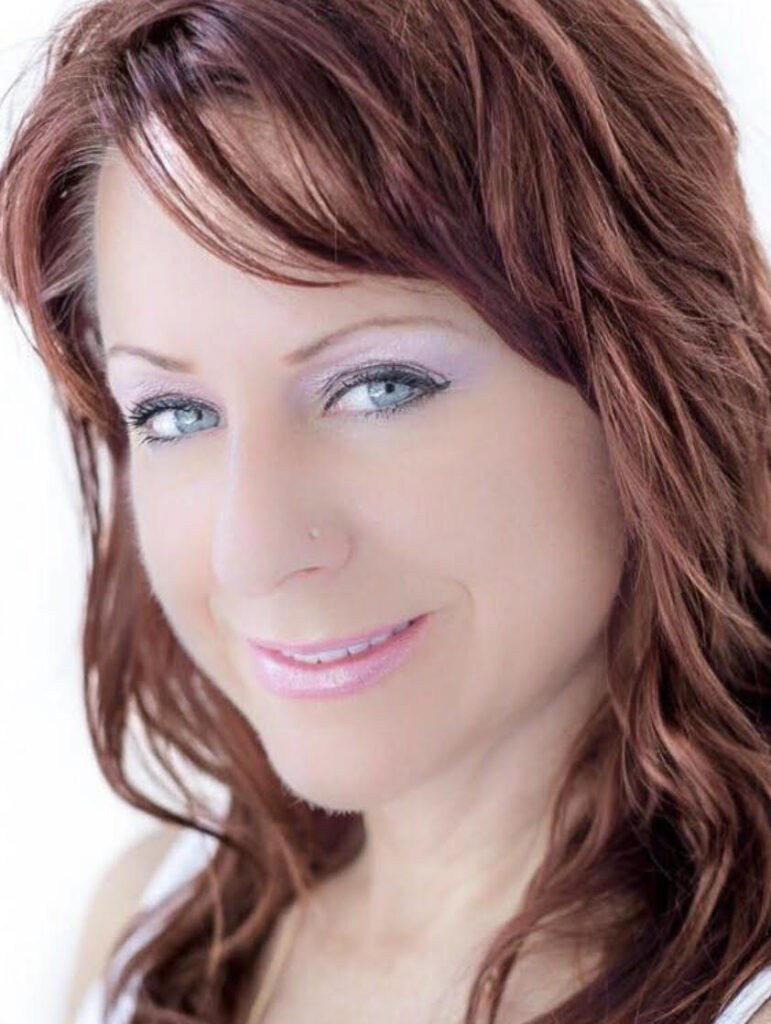
Kristin Revere chats with Marya Eddaifi of Marya Eddaifi Coaching on the latest episode of Ask the Doulas. The discussion is centered around dysfunctional labor maneuvers and her work as a coach. Hello, this is Kristin with Ask the Doulas, and I am excited to chat with Marya Eddaifi today. Welcome, Marya! Hi! How […]
Overnight Postpartum Doula Support: Podcast Episode #210
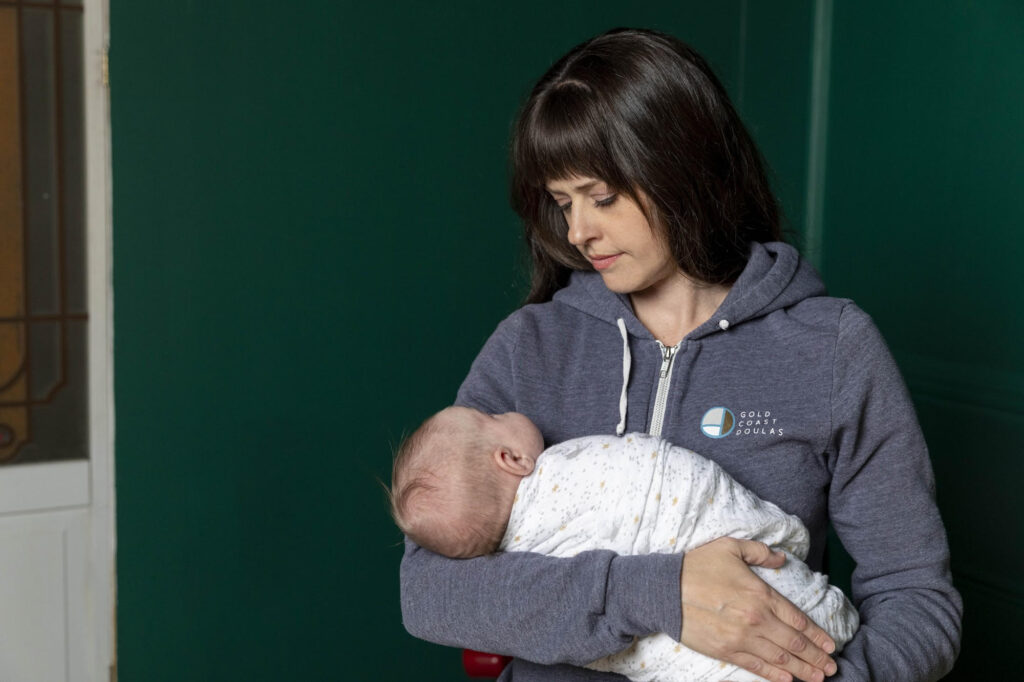
Kristin Revere chats with Kay Vorce, postpartum and sleep consultant at Gold Coast Doulas about the benefits of overnight postpartum doula support! They also discuss the difference between the terms night nurse, newborn care specialist, night nanny and postpartum doula. Hello! This is Kristin Revere with Ask the Doulas, and I am chatting with Kay […]
Identity shifts in Motherhood with Marnie Madras of Rumbly: Podcast Episode #209
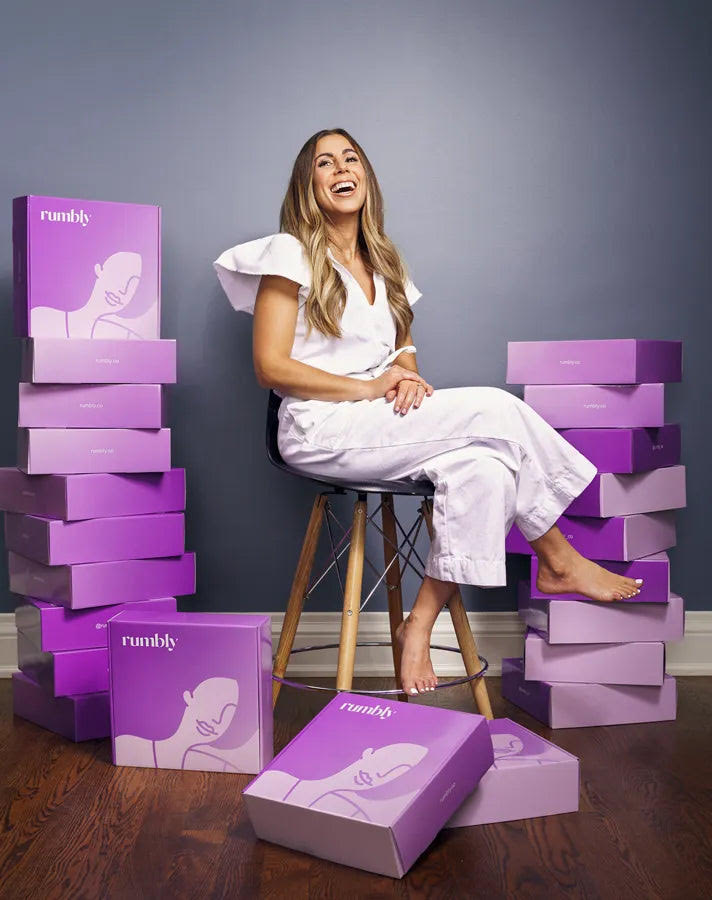
Kristin Revere chats with Marnie Madras, founder of Rumbly, about the identity shift in motherhood and how to incorporate self-care into motherhood. Hello, this is Kristin Revere with Ask the Doulas, and I am so excited to chat with Marnie Madras today. Marnie is the founder and CEO of Rumbly. Welcome, Marnie! So happy to […]
How to Reawaken Your Imagination with Melissa Llarena: Podcast Episode #208
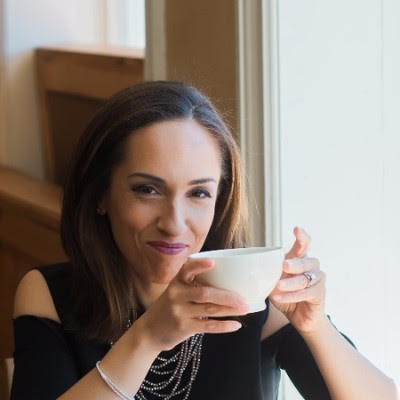
Kristin Revere chats with Melissa Llarena, author of Fertile Imagination: A Guide to Stretching Every Mom’s Superpower for Maximum Impact about how to reawaken your imagination! Ask The Doulas Podcast · How to Reawaken Your Imagination with Melissa Llarena This is Kristin with Ask the Doulas, and I am so excited to chat with Melissa […]
How To Get The Moolah to Pay for Your Birth or Postpartum Doula: Podcast Episode #207
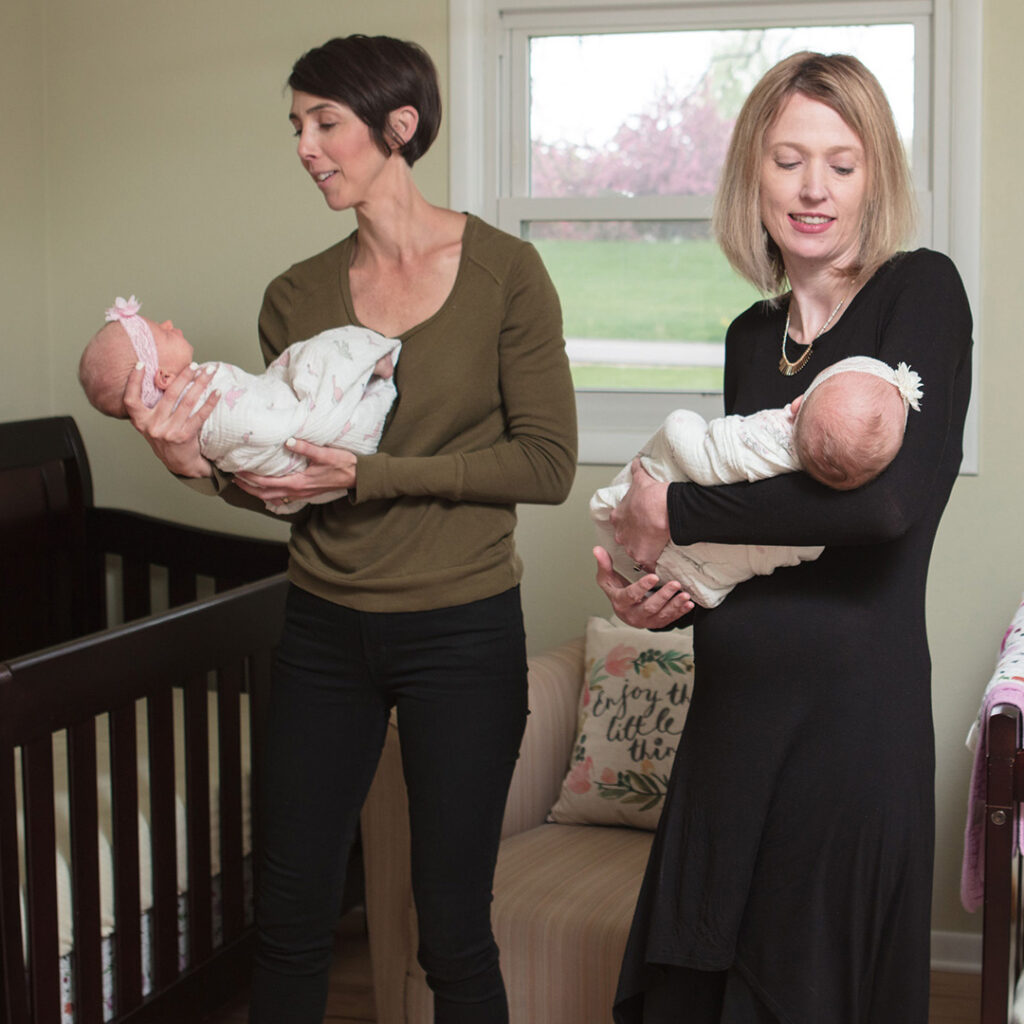
Kristin Revere of Gold Coast Doulas chats about how to get the funds to pay for your birth or postpartum doula. This includes insurance, gifting support, payment plans, packages, and more. Ask The Doulas Podcast · How to Get the Moolah to Pay for Your Birth or Postpartum Doula with Kristin Revere. This is Kristin […]
Your Options for Birth and Postpartum Doula support with Kristin Revere: Podcast Episode #206
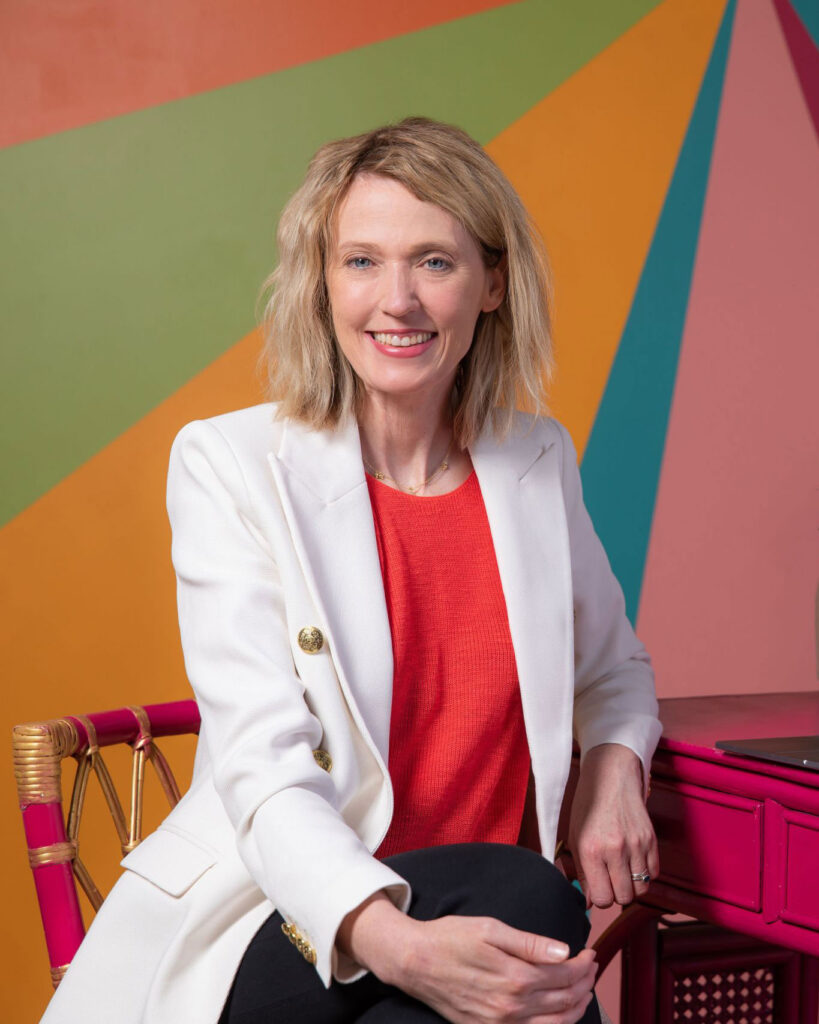
Kristin Revere of Gold Coast Doulas talks about the types of birth and postpartum doula business models. She also talks about the role of a newborn care specialist. Ask The Doulas Podcast · Your Options for Birth and Postpartum Doula support with Kristin Revere Hello! This is Kristin Revere with Ask the Doulas, and today […]
How to Tell the Difference Between a Tight and Weak Pelvic Floor with Emma Bromley: Podcast Episode #205

Kristin Revere chats with Emma Bromley of the Bromley Method about how to tell the difference between a tight and weak pelvic floor. Emma is also the author of The Pelvic Floor: Everything You Needed To Know Sooner. Ask The Doulas Podcast · How to Tell the Difference Between a Tight and Weak Pelvic Floor […]
Comfort Measures Tools for Labor with Katie Bertsch of Gold Coast Doulas: Podcast Episode #204

Katie Bertsch and Kristin Revere chat about the tools we use as birth doulas during labor and delivery. Some of these include hands-on support, birthing balls, birth stools, and more. Ask The Doulas Podcast · Comfort Measures Tools for Labor with Katie Bertsch of Gold Coast Doulas This is Kristin Revere with Ask the Doulas. […]
VBAC Tips from VBAC Academy with Jenni Froment: Podcast Episode #203
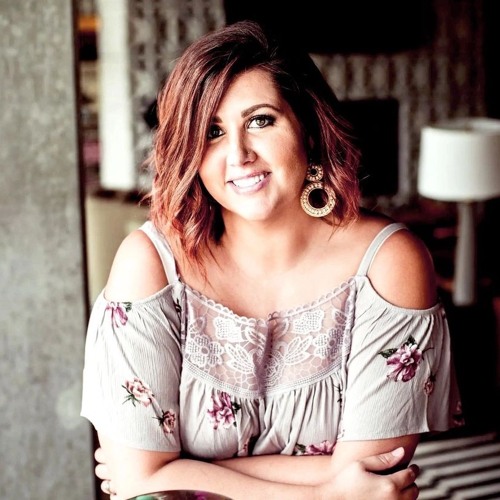
Kristin Revere chats with Jenni Froment of VBAC Academy on the latest episode of Ask the Doulas. Jenni offers VBAC tips and information. VBAC is defined as Vaginal Birth After Cesarean Section. You can listen to this complete podcast episode on iTunes, SoundCloud, or wherever you find your podcasts. Ask The Doulas Podcast · VBAC […]
The Importance of Giving Back with Dr. Annie Bishop: Podcast Episode #202
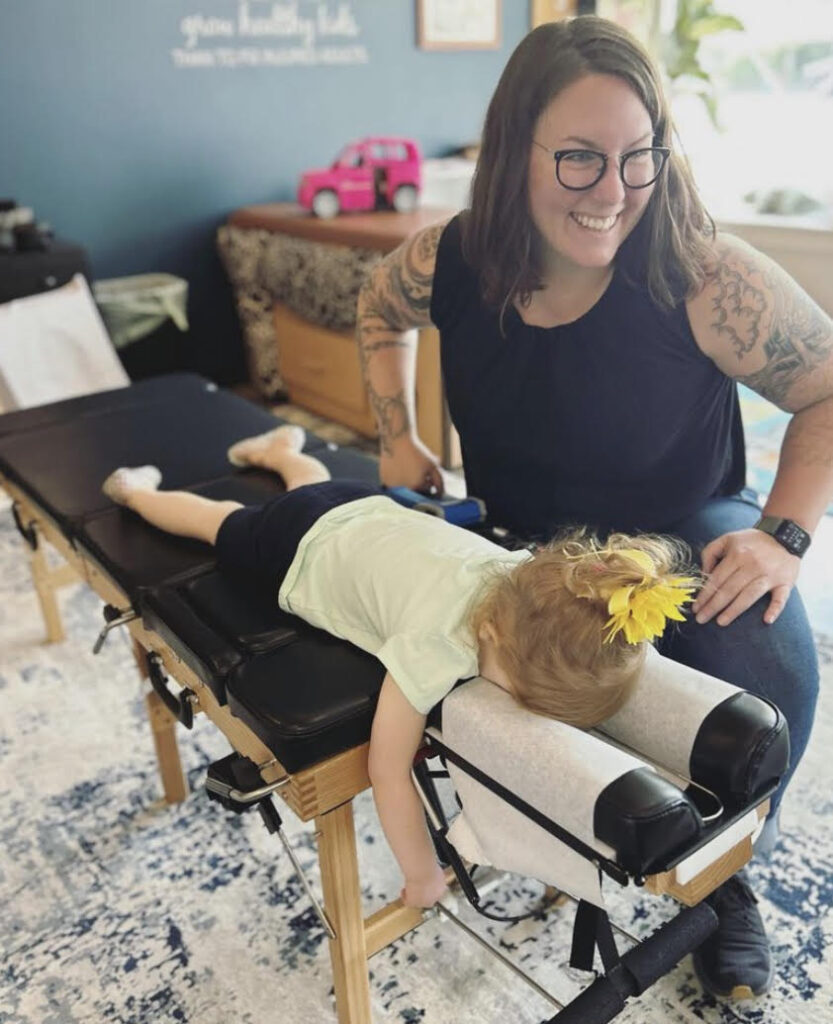
Kristin Revere chats with Dr. Annie Bishop of Rise Wellness Chiropractic about the importance of giving back. You can listen to this complete podcast episode on iTunes, SoundCloud, or wherever you find your podcasts. Welcome. You’re listening to Ask the Doulas, a podcast where we talk to experts from all over the country about topics […]
How to Prep for Infant Feeding with Victoria Facelli: Podcast Episode #201
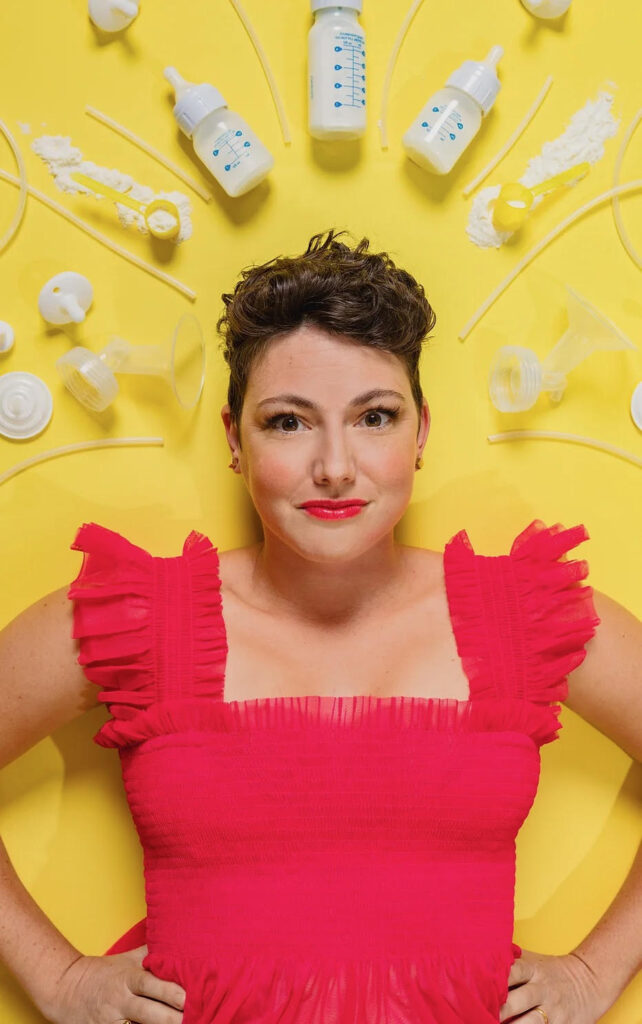
Kristin Revere chats with Victoria Facelli IBCLC, author of Feed the Baby: An Inclusive Guide to Nursing, Bottle-Feeding and Everything in Between about the best ways to prep for infant feeding. Victoria has so many resources to help you! You can listen to this complete podcast episode on iTunes, SoundCloud, or wherever you find your […]
It’s Our 200th Podcast Episode!
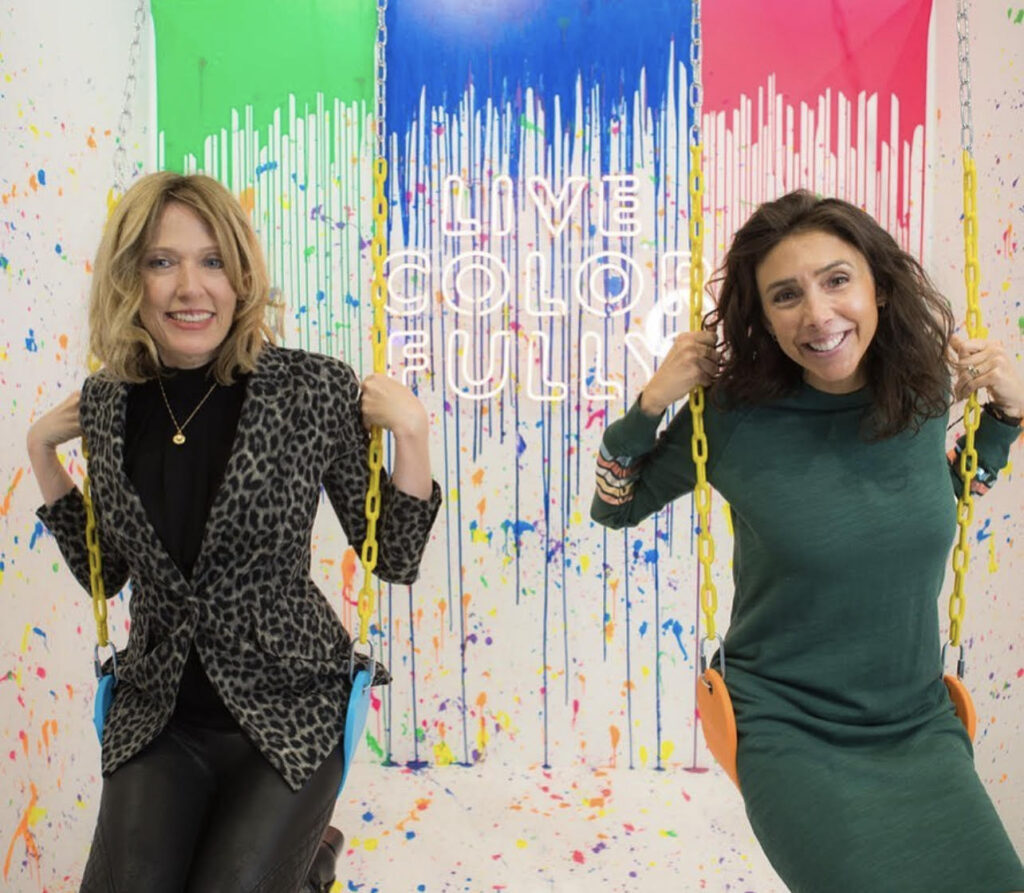
It’s the 200th episode! Alyssa Veneklase and Kristin Revere answer questions from listeners and share fun stories about how Ask the Doulas came to be. You won’t want to miss this one! You can listen to this complete podcast episode on iTunes, SoundCloud, or wherever you find your podcasts. Ask The Doulas Podcast · It’s […]
Reducing Toxins with Amanda Koch of My Well Balanced Life: Podcast Episode #199

Kristin Revere chats with Amanda Koch of My Well Balanced Life about how to reduce the toxins in your life! You can listen to this complete podcast episode on iTunes, SoundCloud, or wherever you find your podcasts. Ask The Doulas Podcast · How to Reduce Toxins in Your Life with Amanda Koch of My Well […]
The Rising Popularity of Push Presents: Podcast Episode #198

Kristin Revere chats with Melissa Mor of Mrs. Push about the rising popularity of push presents. You can listen to this complete podcast episode on iTunes, SoundCloud, or wherever you find your podcasts. Ask The Doulas Podcast · The Rising Popularity of Push Presents with Melissa Mor of Mrs. Push Welcome. You’re listening to Ask […]
The Benefits of Taking a Childbirth Class: Podcast Episode #197
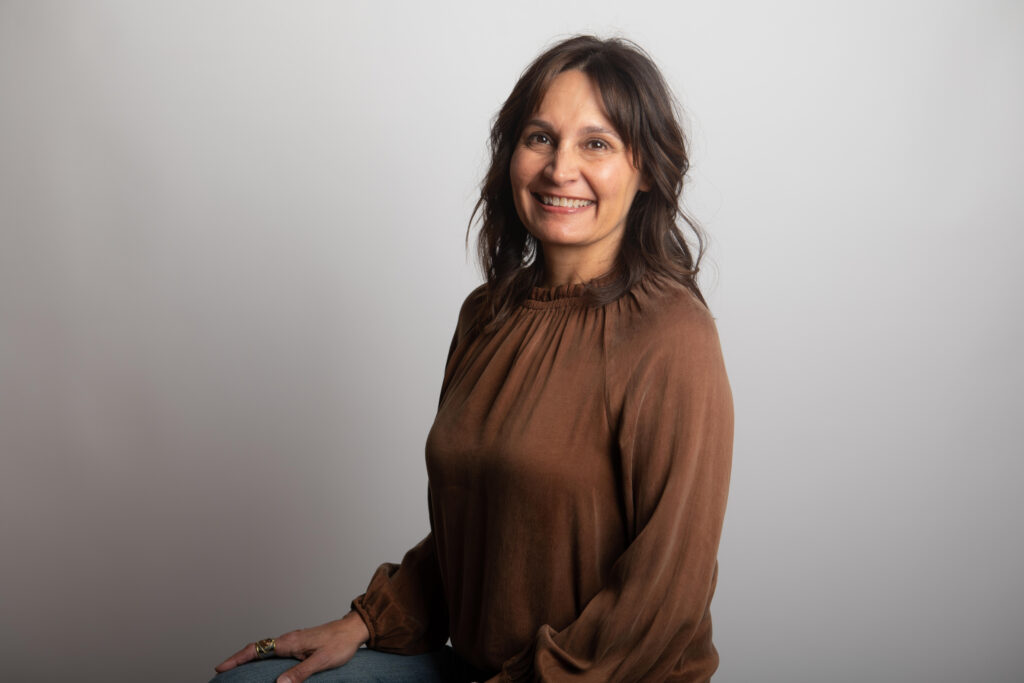
Kristin Revere chats with Lisa Newhouse of Gold Coast Doulas about the benefits of taking a childbirth class. You can listen to this complete podcast episode on iTunes, SoundCloud, or wherever you find your podcasts. Ask The Doulas Podcast · The Benefits of Taking a Childbirth Class with Lisa Newhouse of Gold Coast Doulas Welcome. […]
Using Visualizations and Affirmations in Labor with Lisa Newhouse: Podcast Episode #196
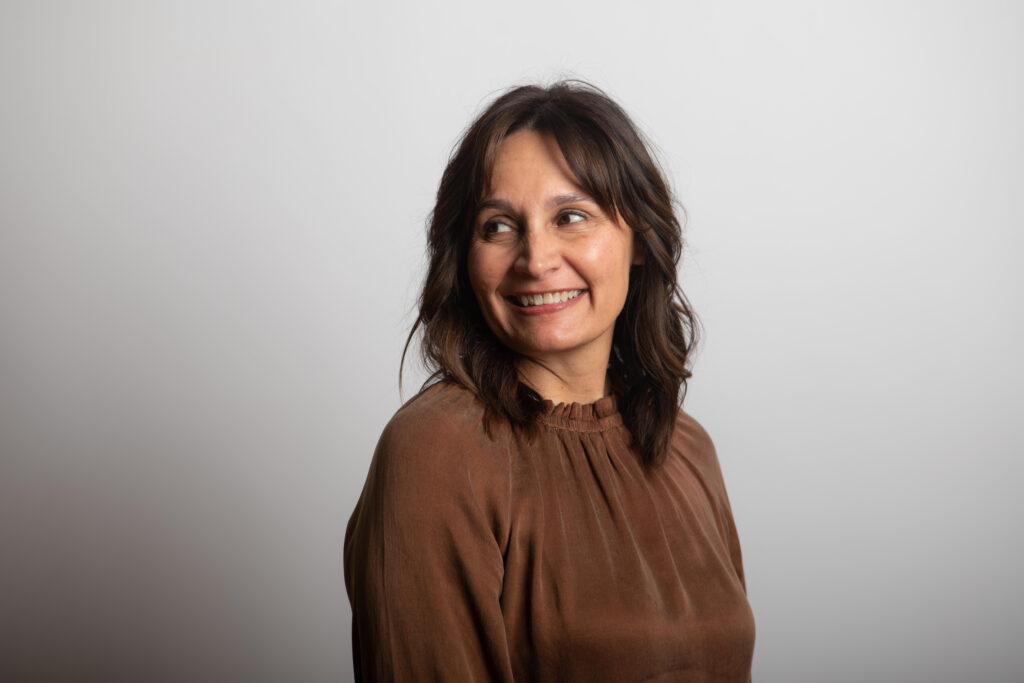
Kristin Revere chats with Lisa Newhouse of Gold Coast Doulas about the benefits of using affirmations in labor. Lisa is a birth doula and HypnoBirthing educator with Gold Coast Doulas. You can listen to this complete podcast episode on iTunes, SoundCloud, or wherever you find your podcasts. Ask The Doulas Podcast · Using Visualization and […]
Holistic Fertility with Dr. Burns: Podcast Episode #195
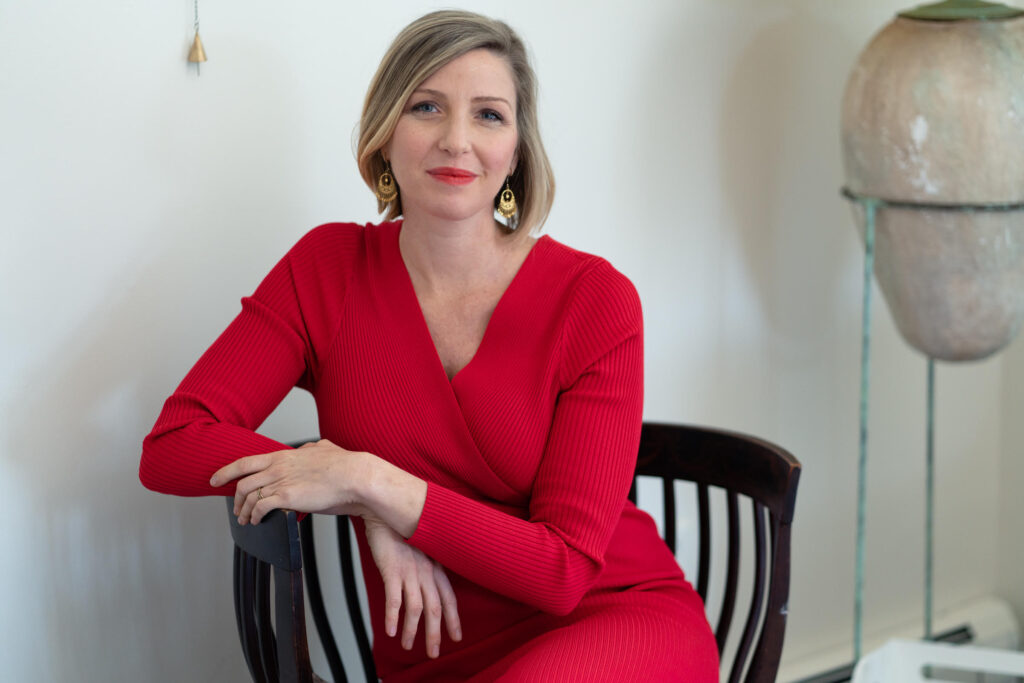
Kristin Revere chats about holistic fertility with Dr. Christina Burns of Naturna Institute. You can listen to this complete podcast episode on iTunes, SoundCloud, or wherever you find your podcasts. Ask The Doulas Podcast · Holistic Fertility with Dr. Christina Burns Welcome. You’re listening to Ask the Doulas, a podcast where we talk to experts […]
Fair Play with Rachel Meakins: Podcast Episode #194
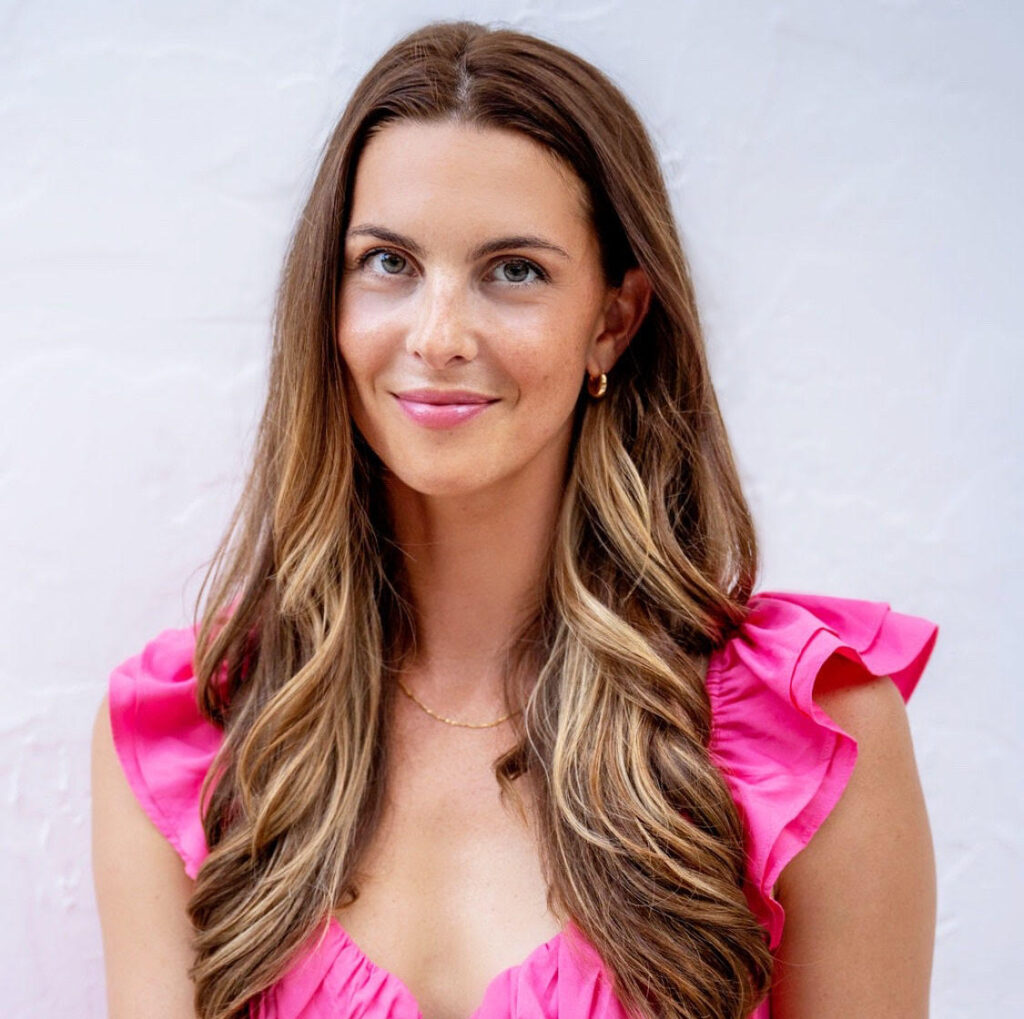
Kristin chats with Rachel Meakins from Zenbari about navigating household responsibilities using fair play. You can listen to this complete podcast episode on iTunes, SoundCloud, or wherever you find your podcasts. Ask The Doulas Podcast · Navigating Household Responsibilities using Fair Play with Rachel Meakins Welcome. You’re listening to Ask the Doulas, a podcast where […]
Supporting the Father: Podcast Episode #193

Kristin Revere chats with Joel Austin of Daddy University Inc and Doulos4Dads about the importance of supporting the father during the transition of becoming a father. You can listen to this complete podcast episode on iTunes, SoundCloud, or wherever you find your podcasts. Ask The Doulas Podcast · Supporting the Father with Joel Austin of […]
